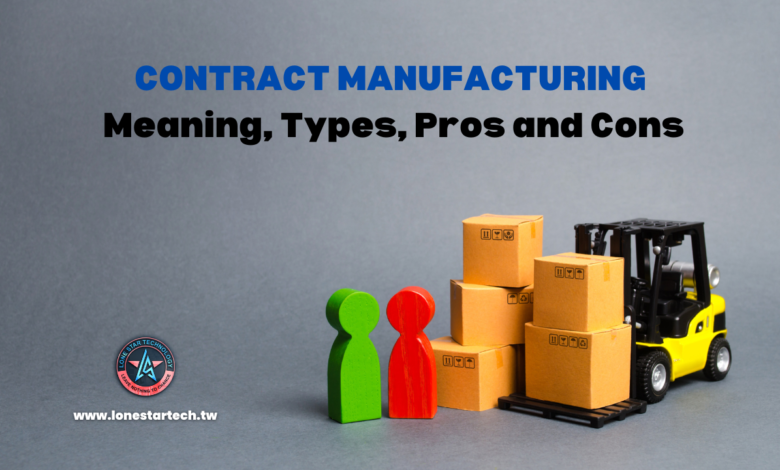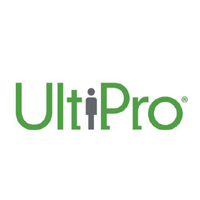Types of Liquid Contract Manufacturing: Advantages and Applications

Liquid contract manufacturing has revolutionized various industries by providing efficient, specialized, cost-effective solutions for liquid-based products. This method enables companies to utilize the knowledge of experienced manufacturers for their production requirements, guaranteeing top-notch results without the significant investment in infrastructure and technology. Engaging a supplement contract manufacturer can be an optimal strategy for businesses looking to expand their product lines without investing heavily in new infrastructure. These manufacturers bring extensive experience and advanced capabilities to the table, delivering products that meet both regulatory standards and consumer expectations.
Cosmetics and Personal Care Applications
The cosmetics and personal care industry benefits significantly from liquid contract manufacturing, which facilitates the production of skincare serums, lotions, shampoos, and more. Supplement contract manufacturer provides expertise in product development, stability testing, and packaging, helping brands deliver high-quality personal care products efficiently. They often offer customizable formulas and innovative packaging solutions that enhance product appeal and functionality. This assistance enables beauty brands to remain competitive in a saturated market by prioritizing branding and customer interaction and entrusting intricate production tasks to skilled collaborators.
Types of Liquid Contract Manufacturing Processes
Blending
Blending combines multiple liquid ingredients into a homogeneous mixture, ensuring a consistent product outcome. This method is widely used in food and beverage, cosmetics, and industrial chemicals. For instance, blending is essential in producing soft drinks, where different flavors and sweeteners need to be evenly distributed. Blending is vital to maintaining brand reputation and consumer trust by ensuring that each batch consistently meets the same high-quality standards.
Formulating
Formulating involves creating specialized liquid products from raw materials based on unique and often proprietary formulas. This process is critical in the pharmaceutical and nutraceutical sectors, where precision and efficacy are paramount. Formulating can include activities such as dissolving active ingredients in solvents, adjusting pH levels, and adding stabilizers to ensure product effectiveness and shelf life. Companies benefit from the specialized knowledge of formulators who understand the complex interactions of different ingredients and how to optimize them for desired outcomes.
Filling
Filling is a process focused on precisely filling containers with liquid products, ensuring consistent volume and quality in every unit. This step is crucial across various industries, including pharmaceuticals, cosmetics, and food & beverage. Advanced filling techniques can prevent contamination and ensure accurate dosing, which is particularly important in the pharmaceutical industry, where exact dosages are critical for patient safety. Automated filling machines also enhance productivity and reduce labor costs, making large-scale production more feasible and efficient.
Pasteurization
Pasteurization involves heat-treating liquids to eliminate pathogens and extend shelf life. This method is essential for products like dairy items, juices, and other beverages to ensure they are safe for consumption. Pasteurization includes heating the liquid to a particular temperature for a designated time, which kills harmful microorganisms without significantly impacting the product’s nutritional content or taste. This process is a cornerstone of public health in the food industry, preventing diseases and extending the marketability of perishable products.
Benefits of Liquid Contract Manufacturing
Contract manufacturing offers numerous advantages across various sectors. Some of the notable benefits include:
- Cost-Efficiency: Contract manufacturing reduces the need for capital investments in production facilities and equipment. Businesses can avoid the initial expensive investments linked with establishing and maintaining production lines by solely paying for the required services. This cost-effective approach allows businesses to allocate resources more effectively, focusing on marketing research and development.
- Scalability: Contract manufacturing’s flexibility means production volume can be easily adjusted to meet fluctuating market demands. If a company needs to ramp up production for a seasonal product or scale down during off-peak times, contract manufacturers can adapt their operations accordingly. This scalability reduces waste and ensures that companies can respond swiftly to changes in consumer demand.
- Expertise: Contract manufacturers offer access to specialized knowledge and advanced liquid formulation and production technologies. These manufacturers are often at the forefront of industry advancements, employing state-of-the-art equipment and methodologies to produce top-quality products. Their expertise can be especially beneficial for companies entering new markets or developing innovative products that require precise manufacturing processes.
- Quality Assurance: Stringent quality control measures employed by contract manufacturers ensure consistent and high-quality outputs. These measures include rigorous testing and validation procedures to meet regulatory requirements and industry standards. By partnering with reputable contract manufacturers, companies can enhance their product quality and safety, ultimately boosting consumer confidence and brand loyalty.
Applications in the Pharmaceutical Industry
The pharmaceutical industry extensively uses liquid contract manufacturing for products like syrups, suspensions, and solutions. Reliable manufacturers ensure that pharmaceutical products adhere to stringent regulations and quality standards, aiding in faster market entry and compliance. Liquid contract manufacturing enables pharmaceutical companies to focus on drug development and clinical testing without worrying about production logistics. For example, the recent innovations in pharmaceutical technology have highlighted the pivotal role of contract manufacturing organizations in ensuring the availability of quality healthcare products worldwide. This collaboration helps scale production, manage supply chains, and meet global health demands efficiently.
Role in the Food and Beverage Industry
In the food and beverage sector, liquid contract manufacturing covers a wide range of products, from juices and sauces to dairy products and energy drinks. By leveraging specialized contract manufacturers, companies can focus on core competencies like marketing and distribution while ensuring their products meet safety and regulatory standards. This partnership allows food and beverage brands to innovate and bring new products to market more quickly. According to a report by Food Navigator, the contract manufacturing market for food and beverages in the U.S. is poised for substantial growth due to increasing demand for ready-to-drink products and health-conscious consumer preferences. This trend underscores the importance of adaptable and scalable manufacturing solutions in responding to evolving market dynamics.
Conclusion
Liquid contract manufacturing presents a dynamic and valuable solution across various industries, ensuring high-quality, cost-effective production capabilities. By understanding the types, benefits, and applications of liquid contract manufacturing, companies can make informed decisions to enhance their product offerings and operational efficiencies. This collaborative approach supports business growth and drives innovation and quality across sectors, benefiting consumers with superior products.



